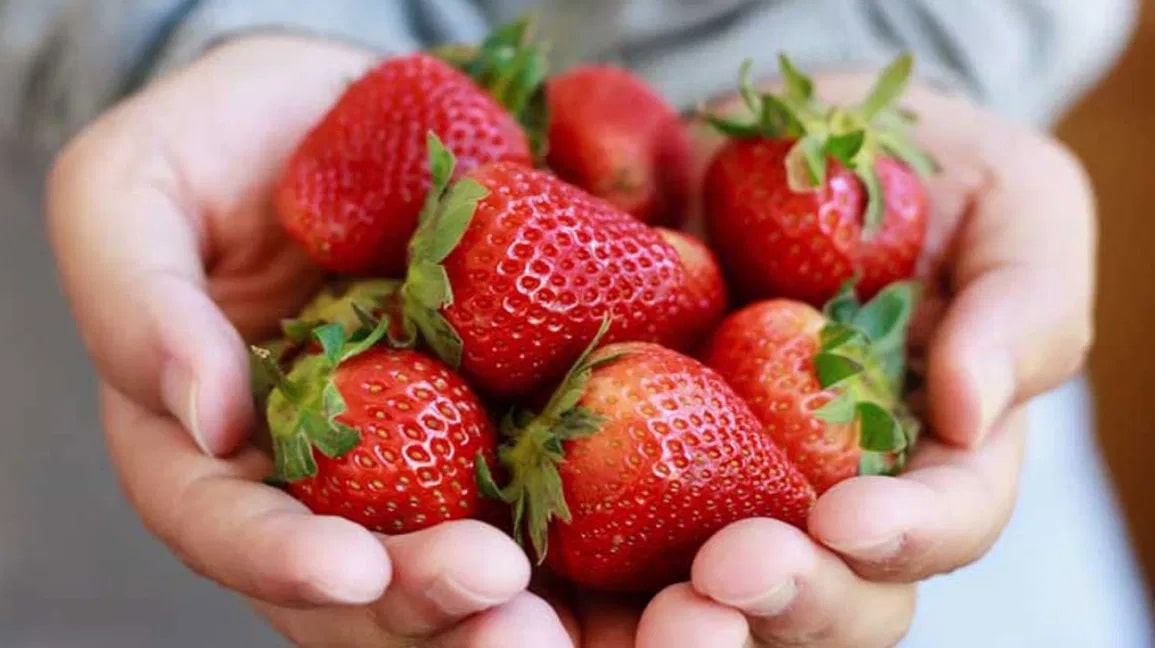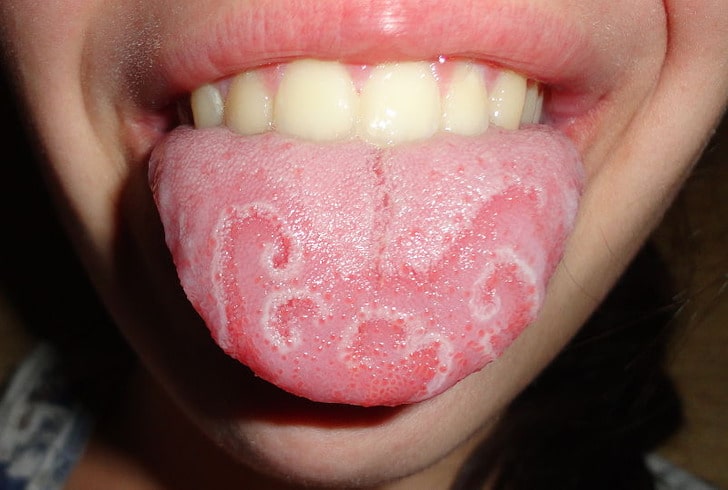Perhaps you have heard of “Dry January”? This is an alcohol abstinence campaign, launched a few years ago, which encourages people to stop drinking in the first month of the year. (“Sober September” is a similar public health initiative.)
Dry January organizers say a month without drinking can promote weight loss, improve sleep and energy levels, and offer many other health benefits.
Many Americans are drinking more than they should. About one in seven adults meets the criteria for an alcohol use disorder, according to the National Institute on Alcohol Abuse and Alcoholism (NIAAA). These criteria include occasionally drinking enough to pass out or drinking to the point where alcohol interferes with your work or social life.
By some estimates, men drink slightly less than before, while women drink more. Between 2002 and 2013, rates of heavy drinking increased by 14% among women and decreased slightly among men.
“Men and women are moving in totally different directions in terms of alcohol use,” says Aaron White, alcohol researcher and NIAAA senior scientific adviser.
While research on short-term abstinence is limited, a small 2018 study found that moderate-to-heavy drinkers who stopped drinking for a month had improvements in blood sugar and blood pressure, as well as healthier liver function.
And White says many Dry January participants report benefits ranging from healthier skin to better sleep and energy levels.
Abstainers may also lose some weight. “Alcohol certainly provides additional calories,” says Jean-Philippe Chaput, an associate professor at the University of Ottawa who has studied the relationship between alcohol and obesity.
“If the reduction in alcohol consumption is not offset by an increase in food intake,” and that’s a big if, “then weight loss should occur.”
The problem is that none of these health benefits will persist if a teetotaler starts drinking again on February 1. “One of the criticisms of these campaigns is that if you don’t support them, there’s no benefit,” says White.
“I think at the very least, taking a break allows you to see your drinking habit through a clearer lens,” says White. “Some people might go through that and say, ‘You know what, I like my glass of wine. I’m fine with my drink. But I think others will be surprised at how addicted they were to alcohol.”
“Sometimes,” he adds, “you don’t realize you have a problem with alcohol until you cut it out.”









